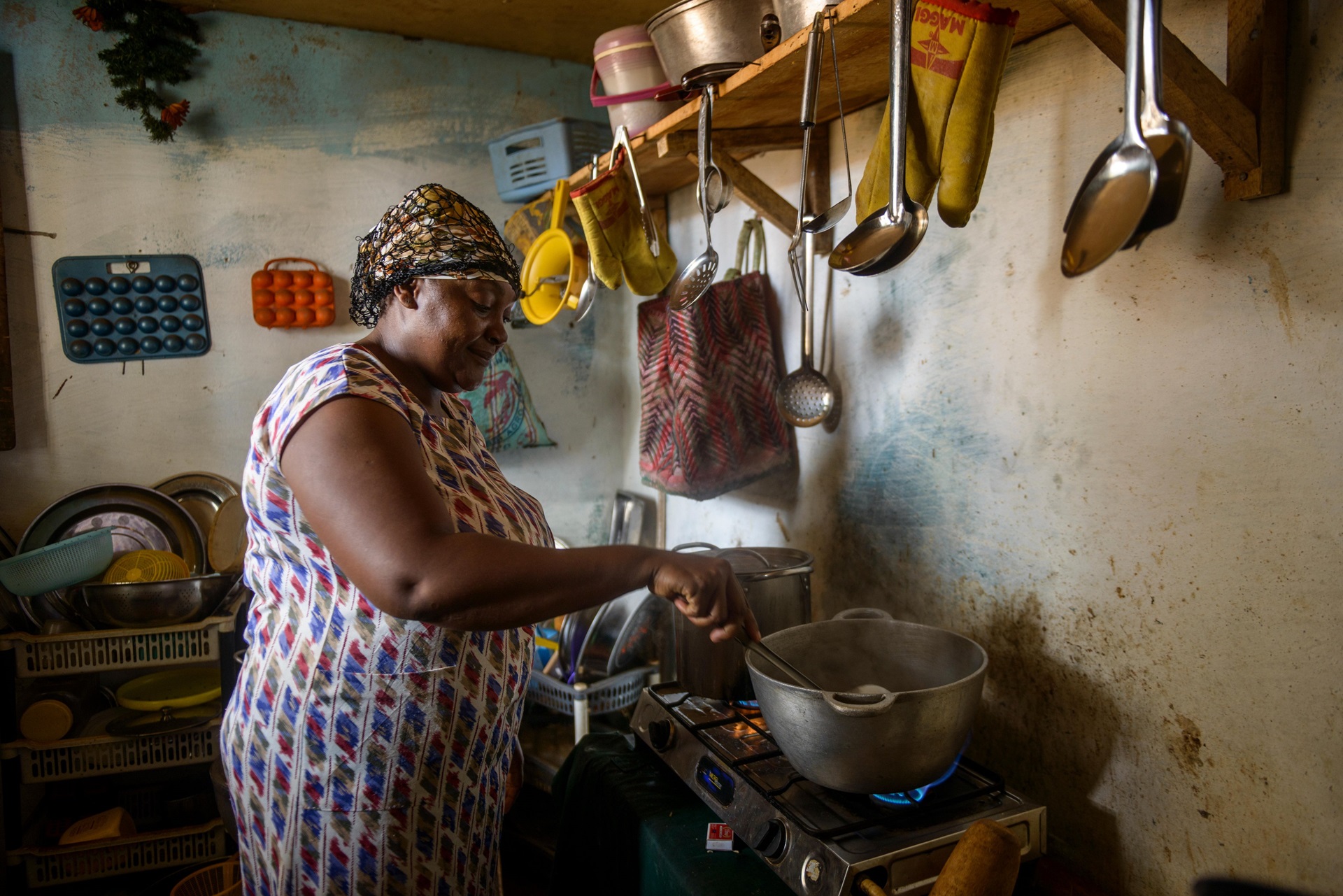Household energy policy repository
The World Health Organization, in partnership with the Stockholm Environment Institute (SEI), developed a Household Energy Policy Repository (“the Repository”) to serve as an online clearinghouse for national, regional and local policies, regulations and legislation affecting household energy use. The Repository summarizes policies targeting cooking, heating, and lighting using clean fuels and technologies including electricity, liquefied petroleum gas (LPG), biogas, solar thermal and photovoltaic (PV), ethanol, as well as other options like biomass pellets.
The Repository currently includes information on over 120 clean household energy policies or policy statements from more than 30 countries and the European Union (EU), representing all WHO regions. There are also links to more than 30 independent evaluations that assess the impacts of specific policies.
Policies in the Repository include:
- Financial measures (i.e., taxes, subsidies, or voucher programmes)
- Regulatory instruments (i.e., limits or bans on specific fuels, technologies, or activities);
- Trade policies
- Direct investments in activities (i.e., research and development, grid expansion, or other infrastructure)
- Codes or standards for energy efficiency or emissions
- Information campaigns to raise awareness and induce behavioural change
The Repository is intended to serve as a knowledge base that can support transitions to cleaner household fuels. Policymakers and other stakeholders can use the Repository to find examples of how other countries have implemented certain policies, understand the challenges that were encountered, and use this information to inform the design of their own policies.

Repository Resources
Training Video on the Repository
Brief: Household energy policy repository
The World Health Organization (WHO)’s Household Energy Policy Repository is an online clearinghouse for policies, regulations and legislation affecting...
Increasing access to clean cooking through subsidies
Around 3 billion people cook using open fires or simple stoves that burn polluting fuels like wood, charcoal, animal dung, crop waste, coal, and kerosene....
Policies to reduce air pollution from household heating
Residential heating with polluting fuels like kerosene, wood, and coal is common practice in many parts of the world. Heating with coal is most frequent...
Related Resources
Training Videos for the Clean Household Energy Solutions Toolkit
Related teams
Related factsheets












